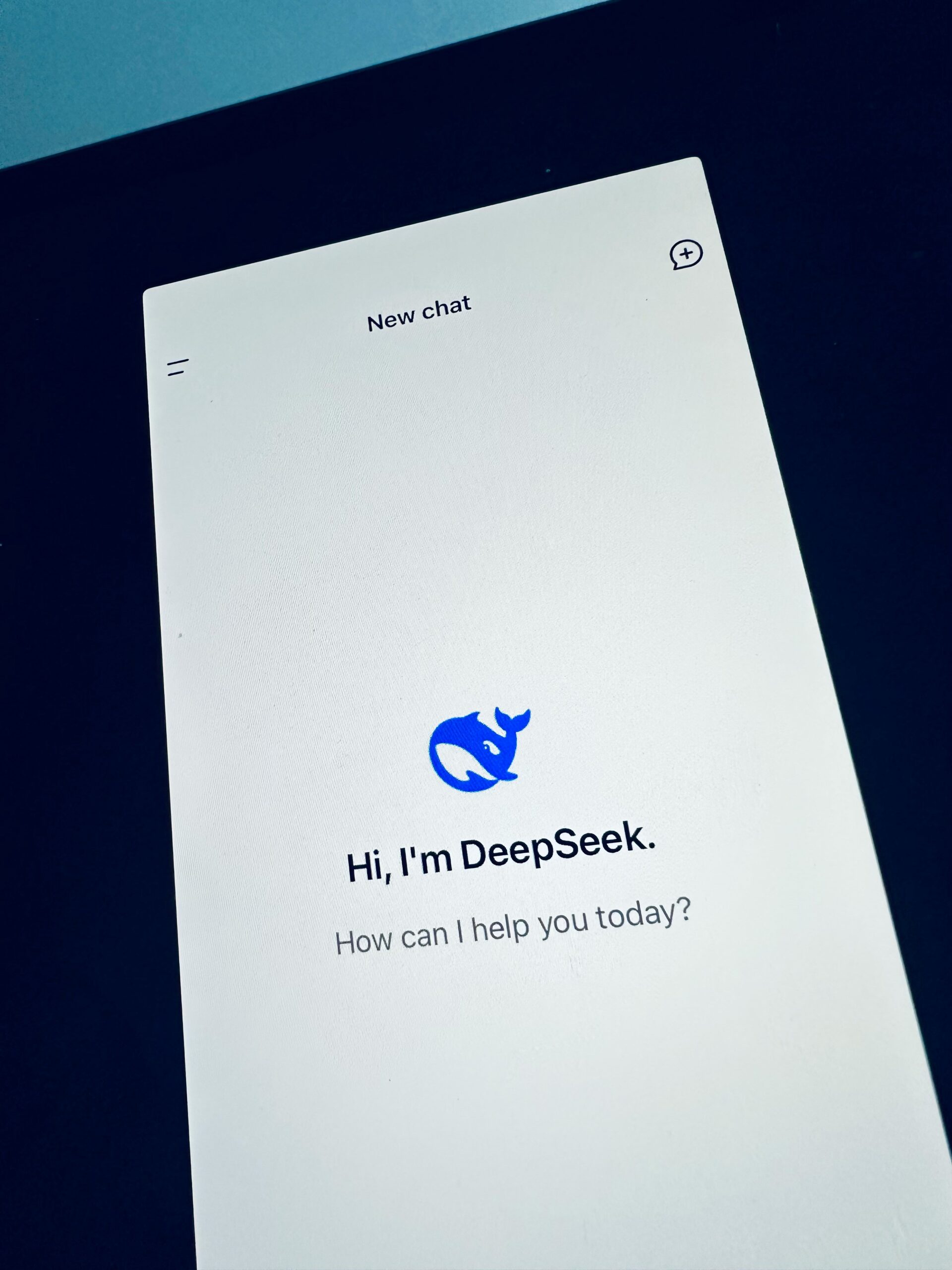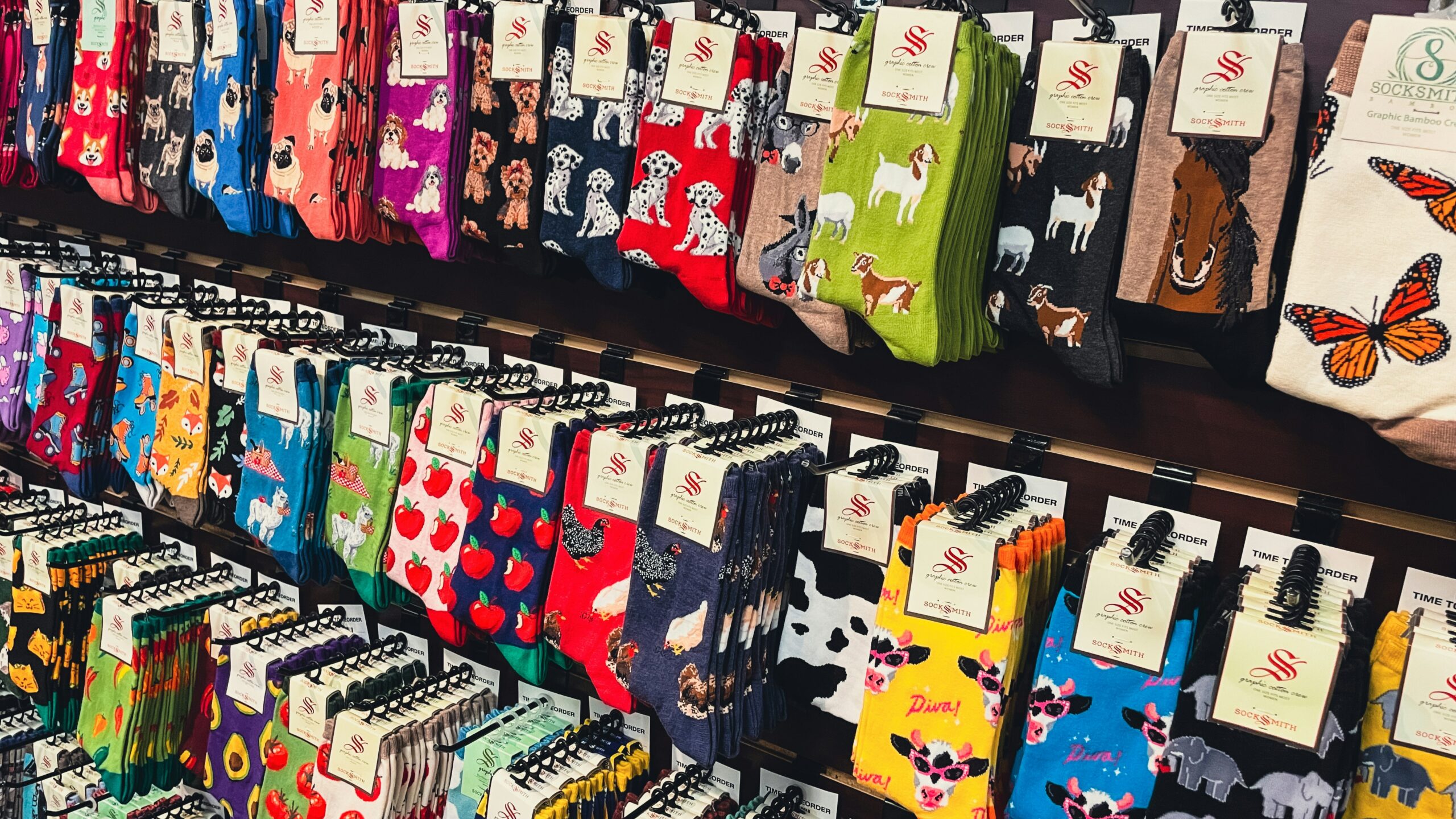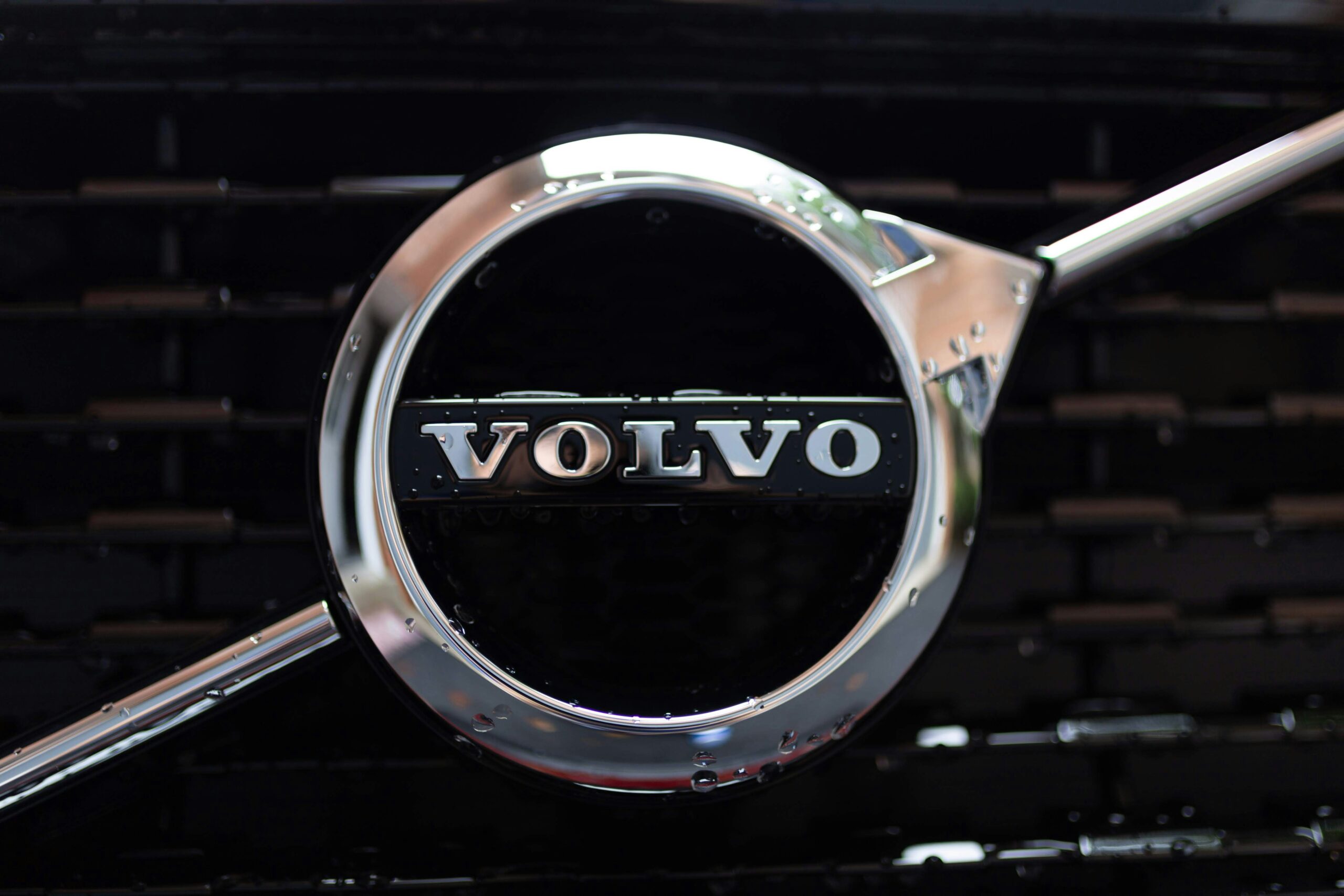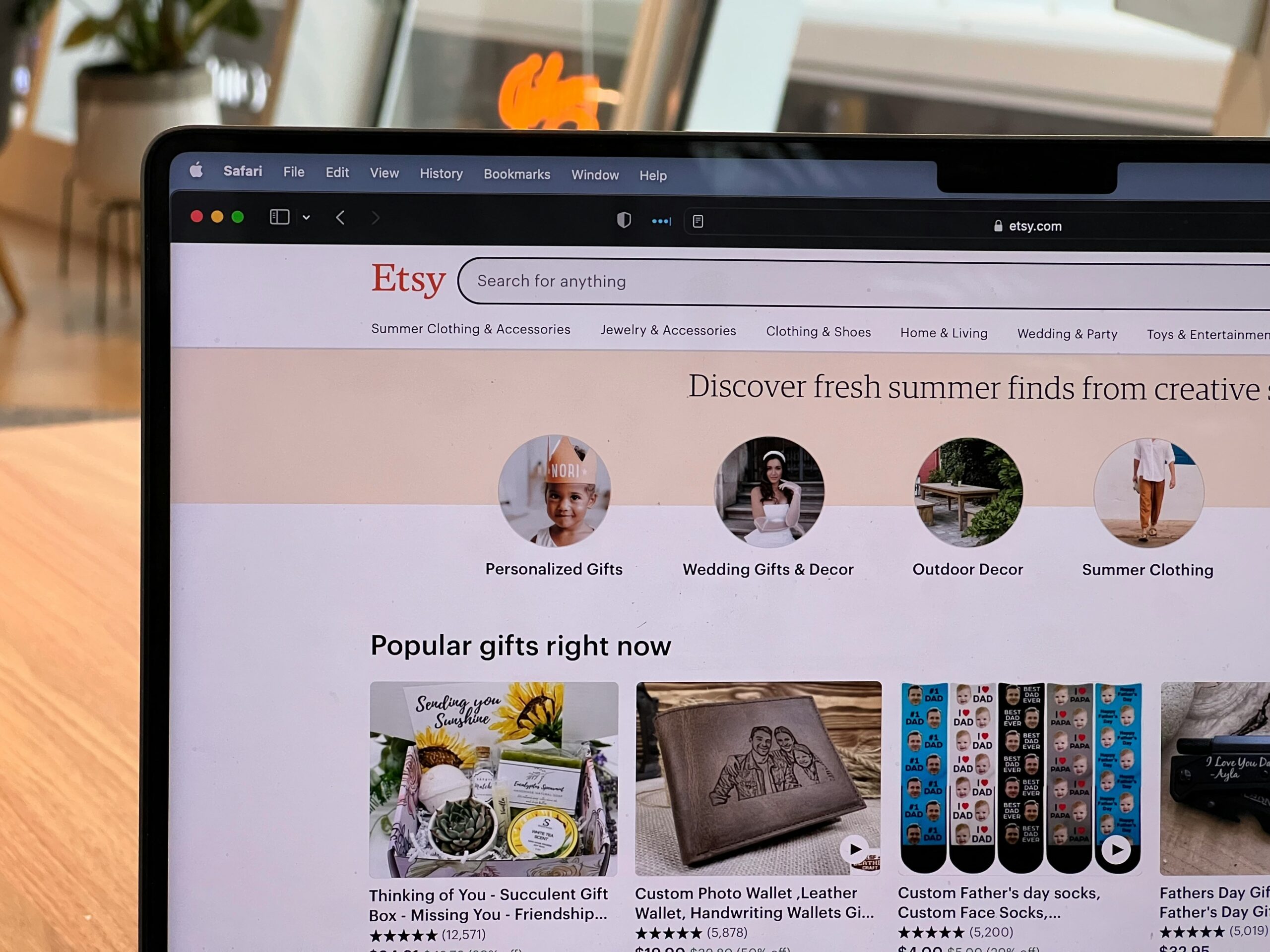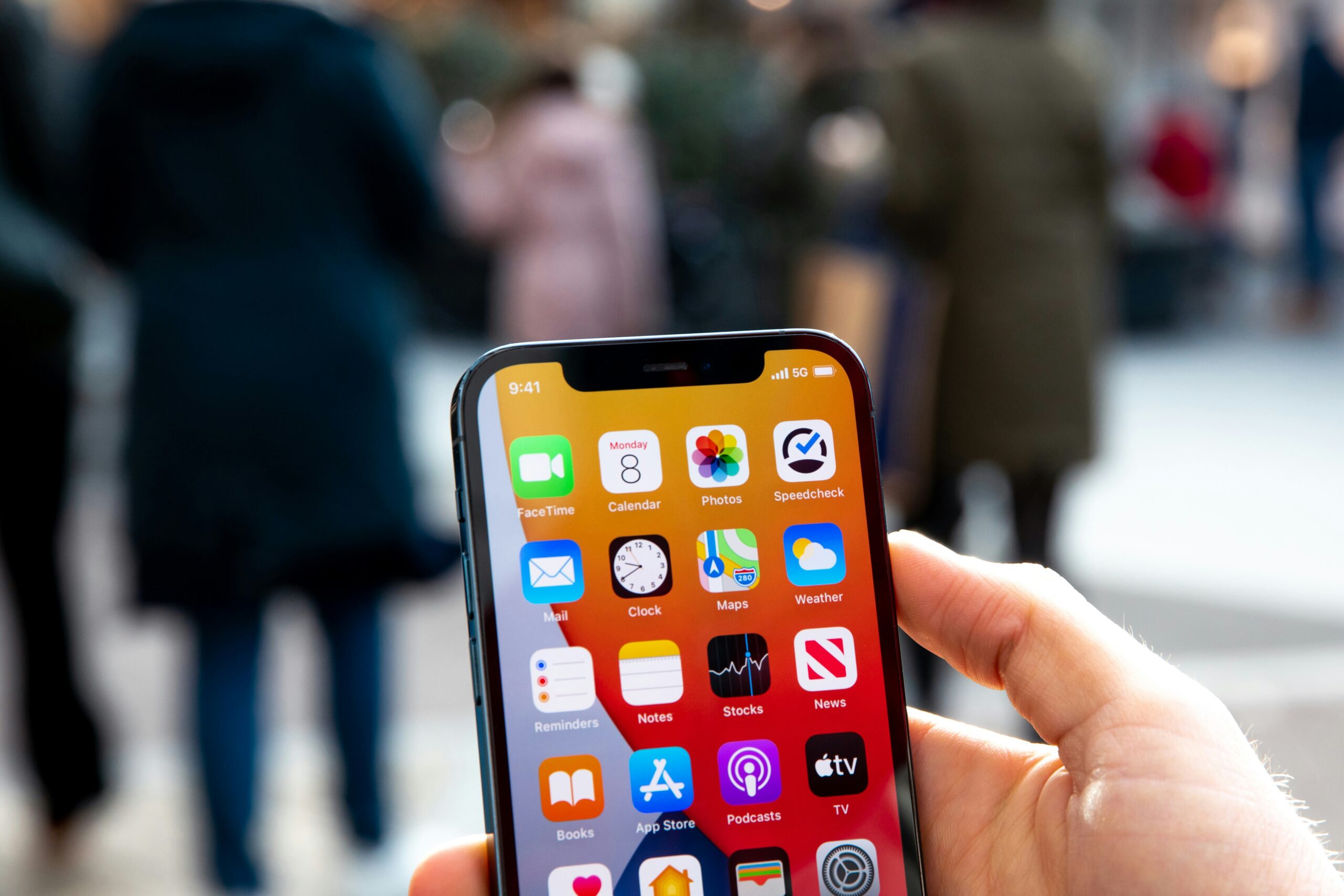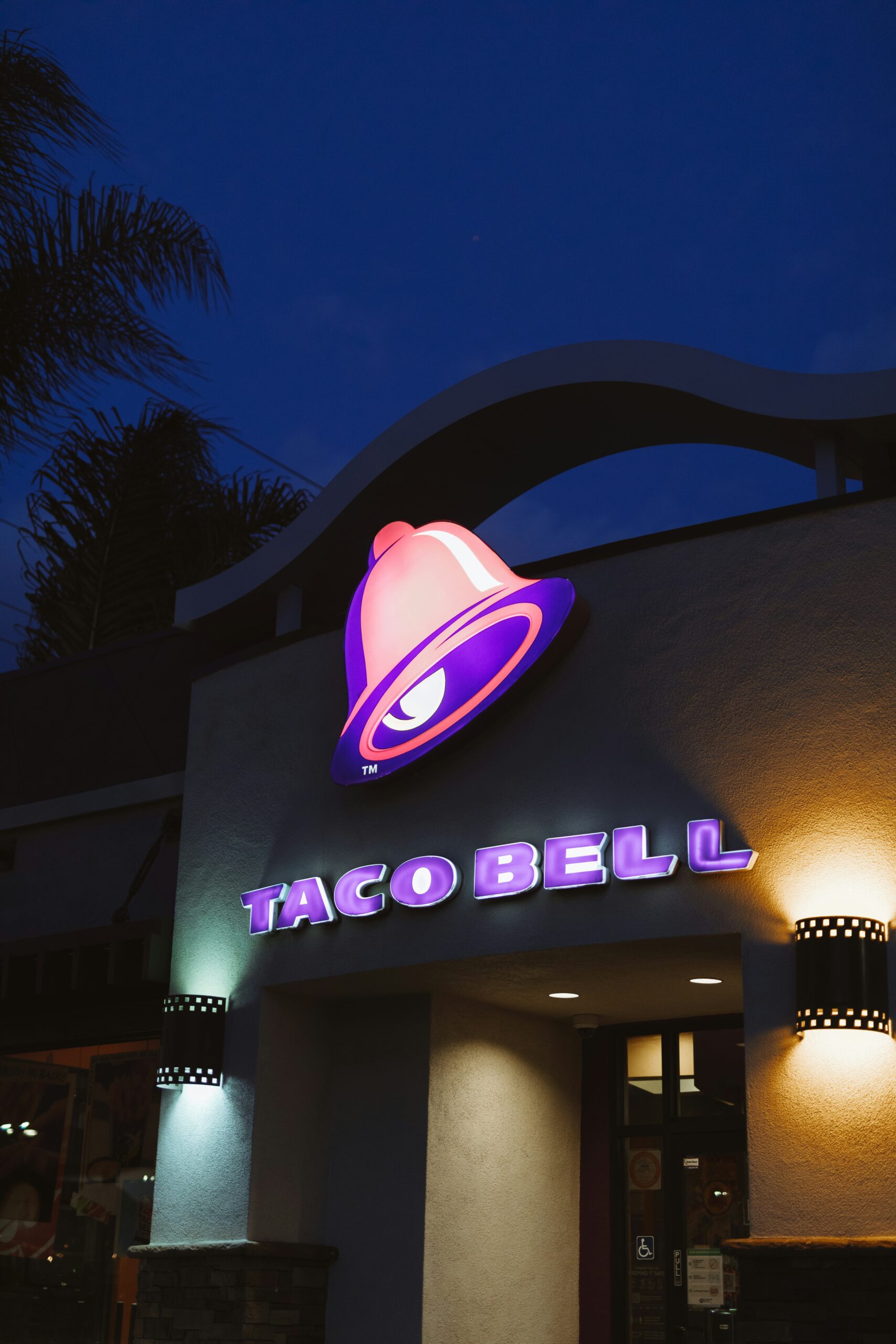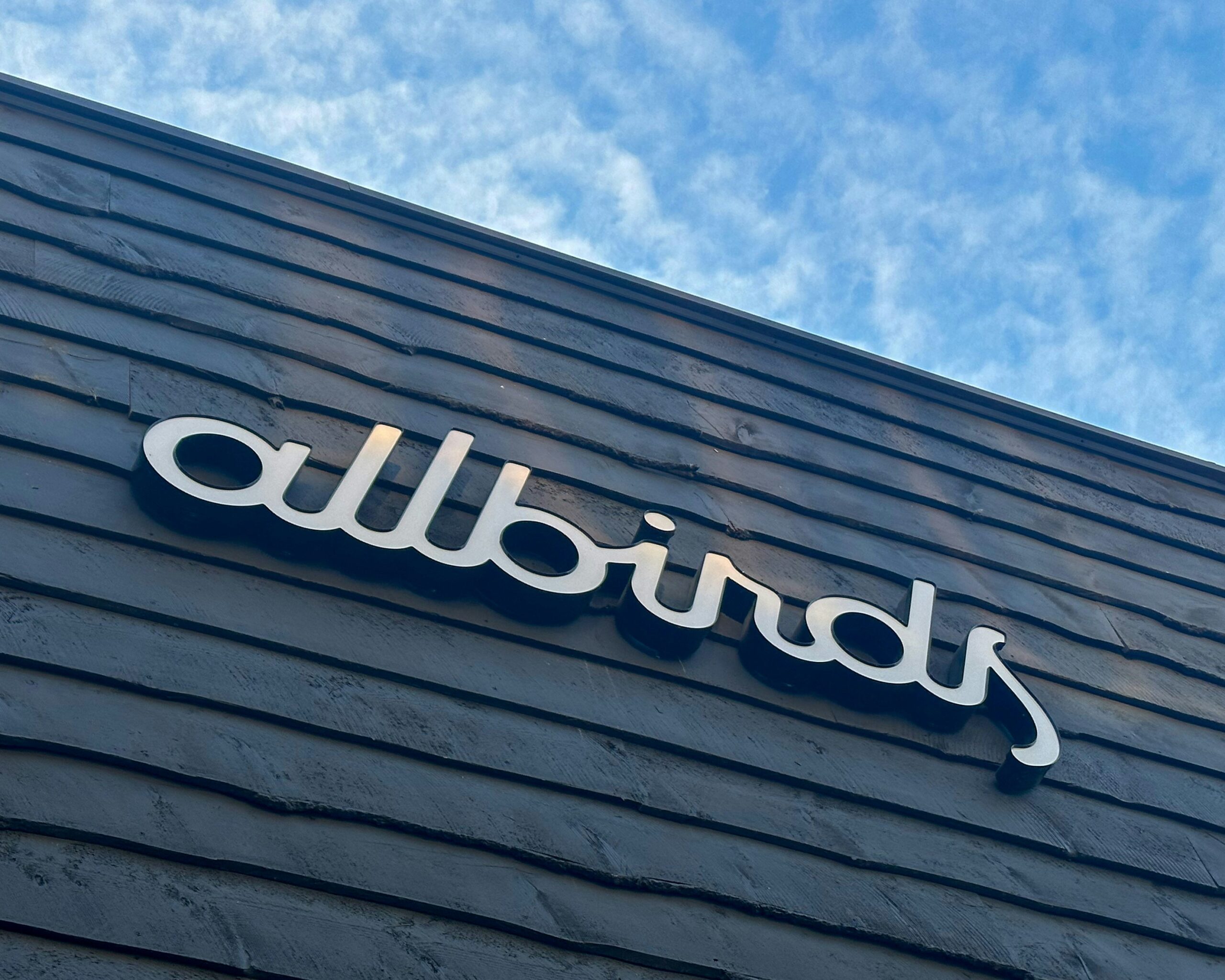Image credit: Pixabay
As generative AI platforms increasingly shape how people search, evaluate, and engage with information, the rules of online visibility are undergoing rapid transformation. Traditional SEO, once the backbone of digital discovery, is no longer the sole path to being found. With conversational tools like ChatGPT and Gemini shaping user behavior, brands now face a mounting pressure to either adapt their content strategies or risk fading from view.
The Rise of Generative Search
“Generative search is as different from traditional SEO as Google was from the Yellow Pages,” said Max Sinclair, Founder and CEO of Azoma AI. His point comes from firsthand experience. Before founding Azoma, Sinclair spent six years on Amazon’s search team, where he saw the limits of deterministic ranking systems that relied on signals like sales velocity and reviews. When he first encountered GPT-3 through an early API demo, he described it as a “light-bulb moment,” realizing that language models would completely redefine how users discover products and information.
Sinclair believes the shift has already accelerated past the early-adopter phase. He points to public signals like Amazon’s Q3 announcement that its Rufus AI agent generated 10 billion dollars in incremental revenue, with users converting 60% higher when interacting with the AI assistant. Google’s declining search volume, revealed during the Apple antitrust trial, is another telltale sign . “If you’re not adopting now, you’re in trouble,” he said.
Beyond the market signals, Sinclair emphasized how generative search shifts the entire logic of visibility. Traditional SEO relied on predictable inputs like backlinks, keyword mapping, sales velocity. But LLM-driven discovery operates on fluid, ever-updating world knowledge.
To become visible, Sinclair says that instead of optimizing for a specific keyword, brands must now ensure that their narrative, citations, and product information are entrenched within the model’s broader understanding of a category. He notes, “LLMs respond faster to fresh material and prioritize widely cited, context-rich sources, which means brands can see measurable results in weeks instead of the six-to-twelve-month SEO cycle.” This new pace rewards brands that move quickly, publish consistently, and fill the informational gaps where competitors dominate today’s AI-generated answers.
Winning AI Visibility Through Structured, Educational Content
Peak Nano is one of the companies rethinking how expertise is communicated for generative search. Their CMO, Shaun Walsh, explained that LLMs tend to default to whatever narrative is most clearly and consistently presented online. “LLMs are derivative. If you don’t give them a narrative, they’ll default to someone else’s,” he said.
Walsh’s perspective is shaped by decades of engineering, sales, and marketing experience. He recalls how younger buyers now avoid talking to sales reps altogether and prefer to self-educate before ever engaging a company. That shift has transformed how Peak Nano communicates its value. The company focuses on producing detailed educational material that enables users to “learn it all on their own and make an educated decision,” which in turn increases trust and conversion .
Peak Nano even experiments with new interaction models. Walsh shared that he is rebuilding the company website without a traditional menu, replacing it with a query-based interface that mirrors the answer experience of ChatGPT, Perplexity, and Gemini. It reflects his belief that if brands do not shape their information for generative systems, younger audiences will go elsewhere for answers.
Navigating the Technical SEO Shift
While content quality is crucial, the technical layer supporting it is becoming equally important. Christy Olsen, Founder of Cadence SEO, emphasizes that visibility in AI-driven search depends on the integrity and clarity of the underlying data. “AI is not a shortcut. It’s a dishwasher. Pre-rinse with good data, run the cycle, and always inspect the dishes,” she said . Her philosophy is rooted in nearly fifteen years of working across sales, automation, and organic search.
Olsen focuses on two principles: audience-specific content and data hygiene. She explained that AI systems elevate brands whose information is structured, complete, and tailored to how their audiences actually consume content. For example, jewelry brands must supply detailed schema on metals, stones, and sizes, along with high-quality visual content, because that is the information LLMs and customers both rely on when making decisions .
She also noted that AI models heavily favor authority-rich sources, which means smaller brands must specialize rather than try to appear broad or general. “Pick your niche. Don’t try to be everything,” she said. Appearing as a specialist and not a generalist gives smaller brands an advantage against enterprise competitors in generative rankings.
Preparing for the Future of Discovery
Sinclair is direct about where generative discovery is heading. “I think it’ll completely replace SEO,” he said. He views conversational AI as a significantly better user experience because anyone can access instant, contextual help without navigating a list of links. His team at Azoma is already preparing clients for new discovery surfaces such as smart glasses, home devices, and even humanoid robots, all of which will rely on AI-generated answers rather than traditional rankings .
Walsh likewise believes companies must redesign how they distribute information. Whether through YouTube tutorials that explicitly instruct LLMs how to source brand information, or through website experiences modeled on answer engines, he sees the next era of discovery as one where brands present information in a format AI can easily parse and users can consume without friction .
Olsen stresses that the transition will also require clearer attribution and better analytics. She noted that many brands are already seeing surges in “direct traffic” that are actually misattributed AI-driven referrals, a challenge she hopes next-generation analytics tools will eventually solve.
Companies across industries have already realized that the rise of conversational search requires a strategic overhaul. Generative AI rewards brands that articulate expertise, maintain clean data structures, and produce educational content rooted in real authority. Those who continue relying solely on keyword-centric tactics risk seeing their digital presence diminish.
Brands that act now are likely to secure a first-mover advantage as they become authoritative sources within AI-driven systems. Those who delay may struggle to regain visibility in a world where generative tools mediate most online interactions.
Generative discovery represents a new frontier. For businesses seeking to remain visible in this era, the path ahead is to build trust with AI the same way they once sought to build trust with search engines.













































































